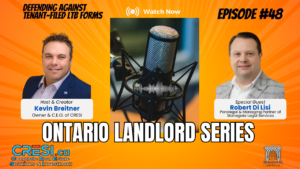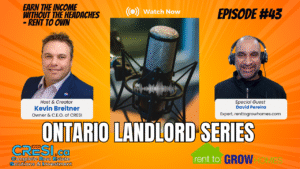Using the equity of your primary residence to invest, can be the vehicle you need to build a comfortable retirement. It can be a very strategic financial move, but it’s essential to approach it thoughtfully and consider the potential risks. Here’s a step-by-step guide on how to use your equity to build a comfy retirement:
Assess Your Equity: Determine the value of your home and any other valuable assets you own that could be used for equity, such as real estate, investments, or business interests.
Understand Your Retirement Needs: Calculate your anticipated retirement expenses, including housing, healthcare, travel, hobbies, and other living costs. This will help you estimate how much additional income you’ll need to generate from your equity.
Explore Options:
a. Reverse Mortgage: If you’re a homeowner, consider a reverse mortgage. This allows you to receive a portion of your home’s equity as regular payments or a lump sum, while still residing in the property. The loan is repaid when you sell the home or pass away.
b. Sell or Downsize: If you have excess property or real estate, you might consider selling it and using the proceeds to fund your retirement. Downgrading to a smaller home can also free up equity that you can invest for retirement.
c. Equity Release Schemes: Depending on your location, there might be specific equity release schemes available that allow you to access your home’s value without selling it. These can include home reversion plans or lifetime mortgages.
d. Refinance your home/current mortgage to be able to access the equity and use it for any type of purchase or any way you want. The repayment is through the new mortgage terms.
Consult Financial Professionals: Before making any decisions, consult with financial advisors, retirement planners, and legal experts. They can help you understand the tax implications, legal aspects, and long-term effects of using your equity.
Diversify Investments: If you decide to use your equity to invest, ensure you have a diversified investment portfolio. Don’t put all your funds into one investment type, as this can expose you to unnecessary risk.
Manage Risk: Remember that using your equity for retirement comes with risks. If your investments don’t perform well or the real estate market declines, you could face financial challenges. Plan for these risks and have backup strategies in place.
Keep Budgeting: Even with added equity income, maintaining a budget in retirement is crucial. Proper budgeting ensures that you don’t overspend and run out of funds too quickly.
Stay Informed: Keep yourself updated on the performance of your investments, the real estate market, and any changes in the regulations that might affect your equity use.
Consider Estate Planning: If you plan to leave assets to heirs, be aware that using equity for retirement might affect your estate planning. Consult an estate planning attorney to understand the implications and make necessary adjustments.
Regularly Review Your Strategy: Life circumstances and financial markets can change over time. Regularly review your retirement strategy and make adjustments as needed.
Remember, using equity for retirement is a significant decision that depends on your individual financial situation and goals. It’s important to strike a balance between accessing your equity for a comfortable retirement and ensuring your long-term financial stability. We would love to help you discover what is available to you and what you’re comfortable with. Our team is here to help you every step of the way and it starts with a conversation with our Financial Planner Linda Robinson and she can be reached directly at Linda.Robinson@dfsin.ca or we can also connect you.



